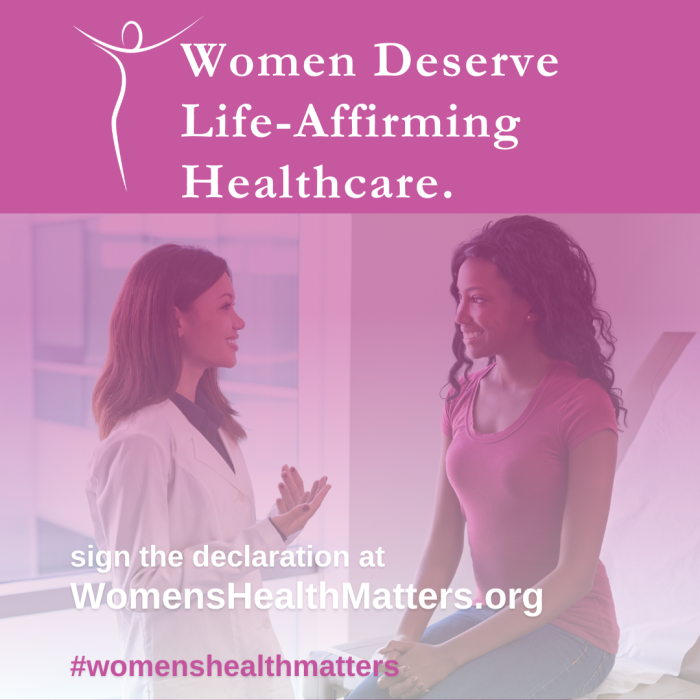Posted in Archdiocesan NewsBy Lorraine
By Andrew Ehrkamp
News Editor
Dr. Rene Leiva loves his job as a family and palliative care physician in the Ottawa area for the past 17 years.
But never before has his own Catholic faith and his profession come into greater conflict than it is now.
A conscience rights bill in Ontario was voted down three weeks ago which would have protected physicians from making decisions against their personal values, including physician-assisted suicide.

“So far it hasn’t been an issue, but I suspect it might be,” Leiva said at a weekend conference of the Canadian Federation of Catholic Physicians’ Societies in Edmonton.
“It’s a difficult situation because I have an obligation to provide care, but I’m not going to betray my integrity.”
The conference theme was “The Courageous and Faithful Physician,” and Leiva said there may come a time when his courage and Catholic faith will be tested.
Under College of Physicians and Surgeons of Ontario rules, doctors may be fined or even lose their license if they fail to provide an “effective referral” for assisted suicide when asked.
Following a referral, the patient would be first assessed by a willing doctor and then have that assessment confirmed by a second doctor. Death normally occurs within 10 days.
The Coalition for HealthCARE and Conscience, a group of Catholic and religious organizations, is challenging the so-called forced referral in Ontario district court. Three days have been set aside for the case, starting on June 13.
In Alberta, a physician must not impede the right of patients to receive unbiased information and access to information if they’re considering physician-assisted suicide.
“It’s wrong to withhold information, even though we think it’s wrong information and we tell them that,” said Dr. Mary Ellen Haggerty, and Edmonton family physician and the Alberta representative on the Canadian Federation of Catholic Physicians’ Societies.
“They don’t have to do what we ask them to do.”
‘Talk about values.’

Instead, as a physician and a Catholic, Haggerty said she counsels her patients whose situations seem so dire that they are considering physician-assisted suicide or euthanasia.
“You’re a family physician and you can talk about the values that are inherent in their life,” Haggerty said. “In some sense you would almost like to be with them to show them that they’re loved and somebody cares for them.
“Even if they lose their autonomy, people think they’re losing their dignity, they’re still loved by God and loved by other people too.”
Leiva noted that’s an issue for all physicians, not just those who have a faith background.
“They are singling out people who are true to the Hippocratic Oath, which forbids euthanasia as incompatible with medicine,” Leiva said.
It’s an issue so important to Catholic physicians that doctors say some may be forced to take drastic steps if they refuse to provide that referral.
“Some might leave the profession, but I’m hopeful that the truth is going to prevail,” Leiva said. “Your conscience is a combination of your medical knowledge, your moral values and your religious values.”
So what can Catholics do? They can speak out in individual parishes, and provide financial help to groups like the Coalition for HealthCARE and Conscience.
Leiva said “people of faith should join like-minded colleagues and doctors across Canada, and pray.”






